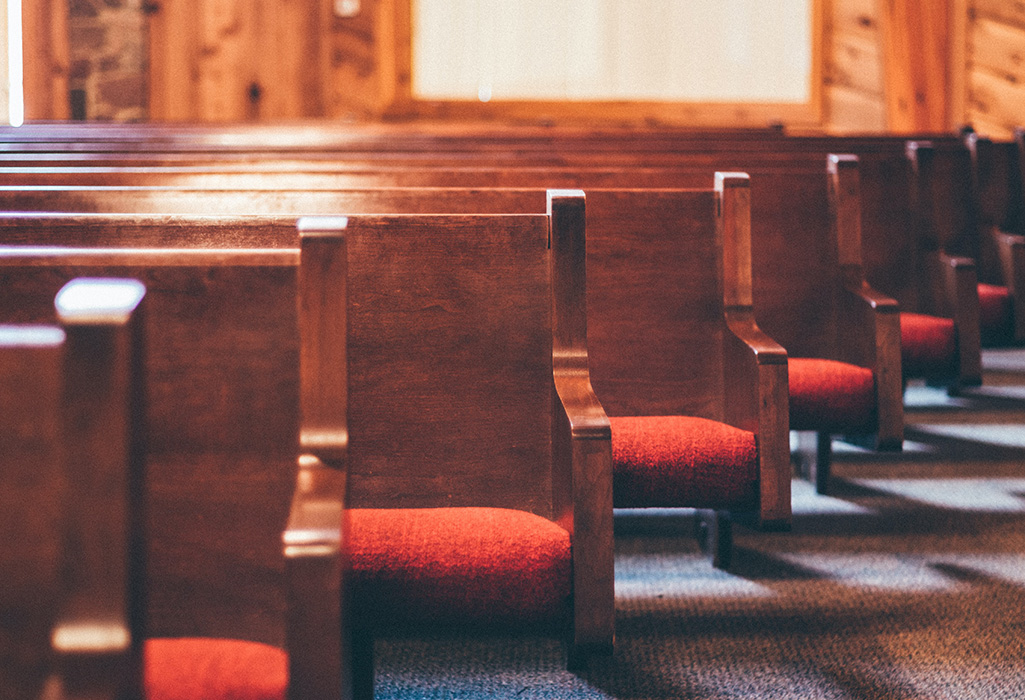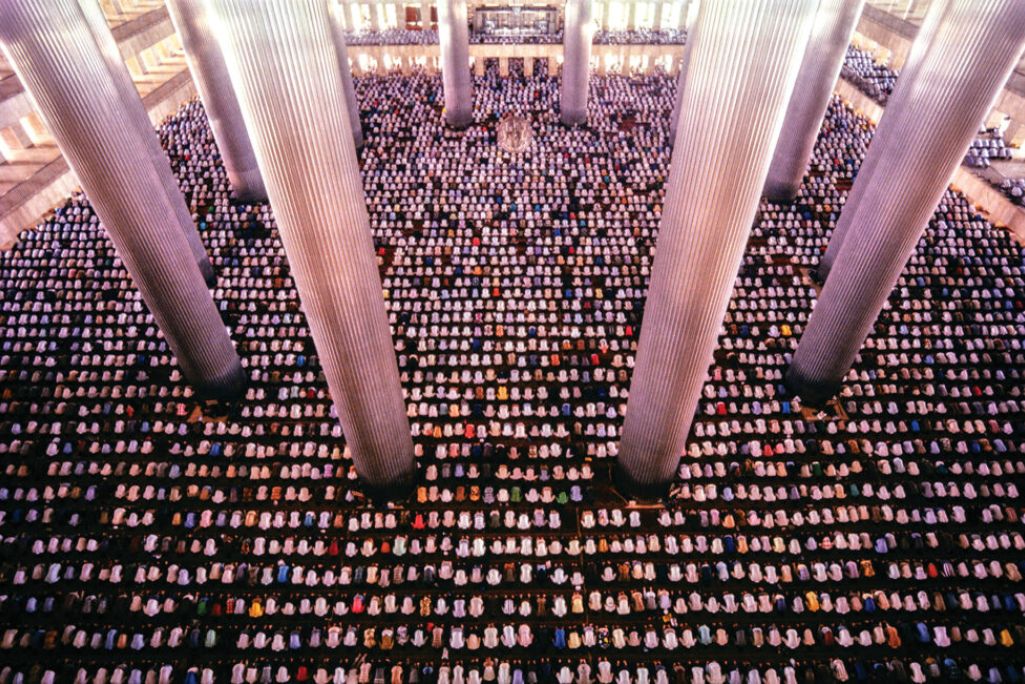
There were a million adventures awaiting my family when we moved to England in 2009. The first was to attend church at All Souls Church in London, the church theologian John Stott led for decades.
We settled into our balcony seats and I said to my wife, “I wonder if we are going to hear any semblance of the gospel preached in John Stott’s church.” All Souls is a Church of England church that to a large degree lost its biblical bearings years ago. Moments after my comment, minister Rico Tice stepped to the pulpit.
“The greatest need humanity has is to repent of its sin, confess that Jesus is Lord and submit to Him in worship.”
We evangelicals offer an “amen,” but let me ask you Paul’s question. “How will they hear without someone preaching?”
Statistically, “they” aren’t hearing because Christians aren’t “preaching.” Spiritual lethargy defines a large percentage of those sitting in Southern Baptist churches, and what is often preached from pulpits is “moralistic, therapeutic deism,” not the gospel. Theologian Michael Horton says American Evangelicals are at a point where we too often practice “Christless Christianity.”
“The church in America has been willingly taken captive,” he writes. “The captors are American culture and ideals: consumerism, pragmatism, self-sufficiency, individualism, positive thinking, personal prosperity and nationalism. These are antithetical to the gospel, but we have nevertheless made them part and parcel with it. We are well on our way to Christless Christianity.
“This alternative ‘gospel’ is a message of moralism, personal comfort, self-help, self-improvement and individualistic religion. It trivializes God, making Him a means to our selfish ends.”
Yet, Tice’s comment rings alarmingly loud. However, my deep concern is that sinners won’t be redeemed if the saints aren’t revived. We need a drastic course correction, and God offers a road map in 2 Chronicles 7.
Verse 14 is possibly too familiar: “If my people who are called by my name humble themselves and pray and seek my face and turn from their wicked ways, then I will hear from heaven and will forgive their sin and heal their land.” It doesn’t land on us with the weight it should. All of chapter 7 should devastate us as God offers four waypoints for His people to find their way back to Him so that their land can be healed and His name elevated in the process.
Humility
Humility is the first step in approaching God and the Bible talks incessantly about God’s expectation that we be humble. But seriously, can we honestly say when we gather as Southern Baptists there is a prevailing atmosphere of humility? We go from praise and worship to manipulating outcomes in business sessions. We leave the impression we are building our kingdoms in God’s name rather than building God’s Kingdom in His name. The level of our humility exposes the sincerity of our hearts.
Repentance
Genuine humility produces genuine repentance. Each perpetually produces the other. Unfortunately, we don’t see God as holy as He really is or see ourselves as sinful as we really are. There is an informality to our worship that positions God as the buddy we “hang” with rather than the thundering authority that determines the fate of our eternity.
This is where we need to repent individually and corporately, then we need to repent and reconcile with each other. It is a certainty that if we humble ourselves and repent of our sins, God will heal us and our churches for there is no unity in the body until there is personal and collective unity with God.
Prayer
Theologian E.M. Bounds said, “Four things let us ever keep in mind: God hears prayer, God heeds prayer, God answers prayer, and God delivers by prayer.” With national research statistics revealing pastors average 12 minutes a day in prayer — and laypersons far less — it is obvious we spend more time talking about prayer than actually talking to God in prayer. Prayer produces humility and repentance, but also produces clarity of purpose and understanding of direction.
Proclamation.
In 2 Chronicles 6:32-33, it is the sanctity of the temple and the holiness of God’s people that is a proclamation of salvation to those who don’t know God. In 7:19-22, it is the disobedience of God’s people and the destruction of the temple that is a proclamation of the sinfulness of God’s people to those who don’t know God.
Here is a truism: You will offer either a chapter 6 testimony or a chapter 7 testimony. Which will you choose to be?
God has given us a map out of our distracted wilderness. Will we follow? Will Southern Baptists pursue humility and repentance so that we might prayerfully be in tune with God for the purpose of proclaiming a great gospel? Or will we wither and disappear as a testimony drifting away from God by piously practicing a Christless Christianity?
The world is wondering if it will hear any semblance of the gospel when it wanders into our churches or encounters us out in culture.
As we stand to speak, what will be our response?
(EDITOR’S NOTE – Chris Turner is director of communications for the Tennessee Baptist Convention. This article first appeared in the Baptist and Reflector (www.baptistandreflector.org), newsjournal of the Tennessee Baptist Convention.)


